How can a Twitter account turn you into a local expert? Ask Rashiq Fataar. He's the founder of Future Cape Town, a platform for open dialogue about urban development, and one of the most valuable commenters in the field. His views are featured in everything from Wallpaper mag, to Cape Talk radio and the Guardian newspaper. But it all started with a Twitter handle.
Rashiq took to Twitter to voice his passion on urban development in Cape Town. Now, FCT has over 80,000 followers and a vibrant FB page. Part of that growth is thanks to the incredible amount of engagement Rashiq supports in his online community. No Tweet is left unanswered, no DM unopened, and there's a healthy amount of expertly written content coming out of the FCT blog. We watch inspired as FCT (and Rashiq's celeb status) continues to grow, along with sister sites for Johannesburg, Lagos and London. Meanwhile, we ask Rashiq the five social media questions we want to ask everyone.
Rashiq Fataar is the founder of NPO Future Cape Town.
Who is your biggest inspiration on the internet?
Over the last year, our consulting and research work on various public space projects and interventions has been a very exciting period, both in Cape Town and Lagos. Most of our inspiration on the internet is drawn form firms like Architecture 00, Studio Gang and Assemble, but also advocacy organisations like the Design Trust for Public Space (with a great new website), the Municipal Arts Society and non-profits working in the place-making area like the Nevicata project in Milan.
Future Cape Town is a platform for open dialogue about urban development.
When was the last time you read good content online?
I enjoy interview articles or interview-based content where leaders in urbanism speak more freely. For example, this interview in 2014 with Indy Johar, or this article about a new form of police station which makes daunting topics in our field more accessible to the public.
For heavier reading, I enjoy the beautiful and effortless writing of Wouter Vanstiphout, for example this essay in Harvard Design Magazine called Consensus Terrorism. The style of the whole magazine, not in a PDF or "online magazine" format, is really functional and easy to browse.
In the morning, I prefer to listen to The Globalist on Monocle Radio, and every few months I go back to our website and re-read our content, and think, "Hey, that's a pretty good piece."
Which is your your favourite social media platform?
I think previously it was Twitter outright, but Instagram is easier after a long day, and of course more visual. Facebook is growing on me, mainly because it connects we with great friends doing wonderful work around the world.
What is your biggest social media pet peeve?
Poor spelling and grammar, or poorly timed scheduled posts or tweets.
If you could have a Twitter Q&A with one person living or dead - who would it be?
Margaret Thatcher or Oscar Niemeyer.



